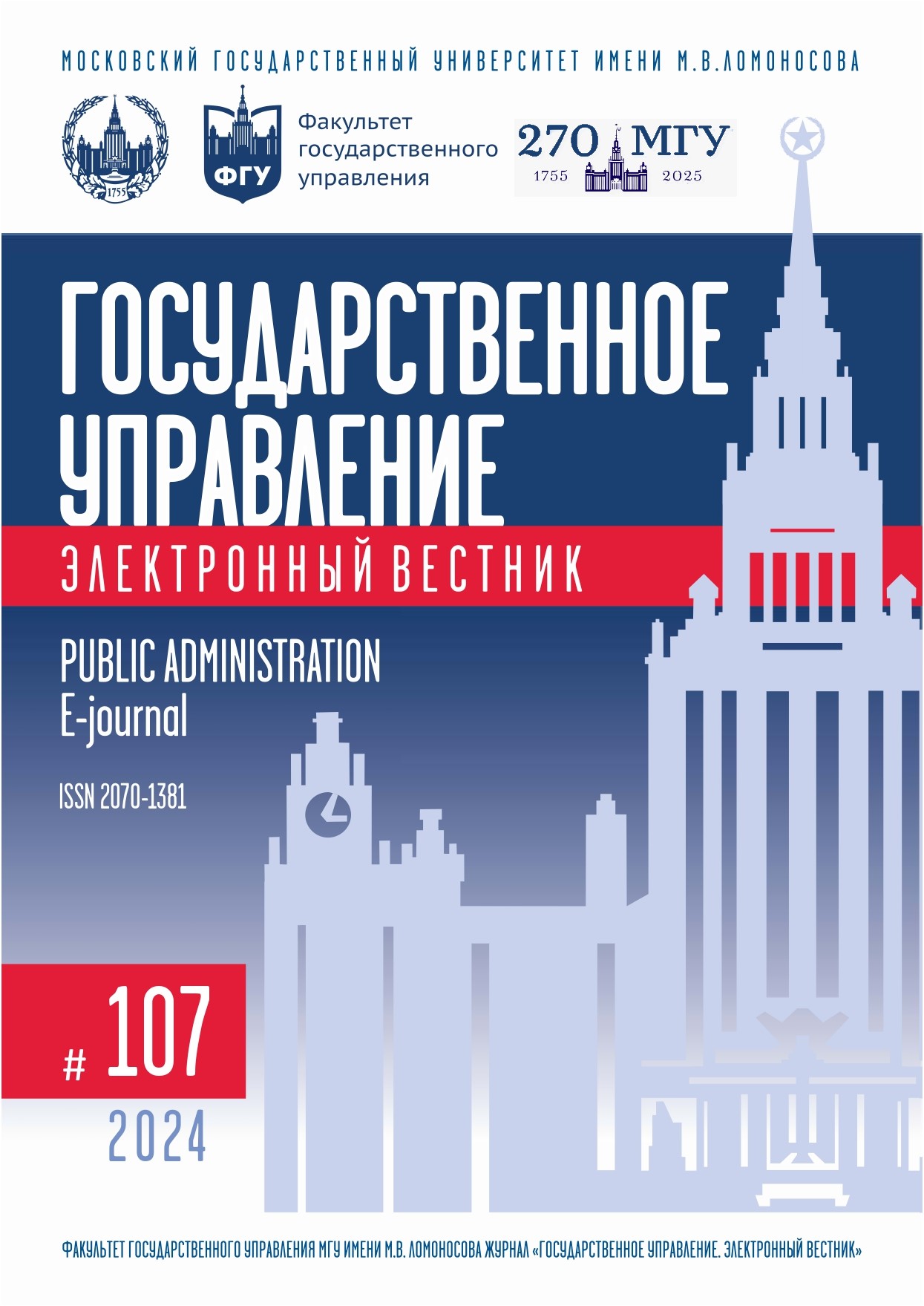Transformation of International Financial System: The Role of BRICS Bridge Platform
DOI:
https://doi.org/10.24412/rchhqb23Keywords:
International financial system, sanctions restrictions, BRICS, payments, mBridge, BRICS Bridge.Abstract
The article examines the sanctioning tools of unfriendly countries used to restrict international financial activities by creating obstacles in cross-border operations using correspondent accounts and the SWIFT financial messaging system. The dependence of the global financial system on the US dollar and, consequently, on American banks allows the US and its allies to abuse their geographical and political position, using sanctions as a non-competitive weapon in the financial sphere. Many states consider the use of the US dollar in international trade as one of their greatest vulnerabilities under current conditions. Target states of sanctions are aware of all the emerging risks and are in search of new effective solutions to ensure foreign economic activities, creating new platforms and mechanisms capable of replacing existing technologies for conducting cross-border currency transfers, mitigating the risks of sanctions on specific elements of payment infrastructure or specific participants in transactions. One such solution is the use of central bank digital currencies in international settlements. Thus, in June 2024, the Ministry of Finance of the Russian Federation announced a platform for settlements in national currencies among BRICS countries aimed at establishing direct financial logistics between the central banks of the union’s countries. The article discusses the mechanism for conducting cross-border transfers using this platform, analyzes possible risks, and provides recommendations for their elimination.
References
Аузан А.А. Общественный договор и гражданское общество // Мир России. 2005. № 14(3). С. 3–18.
Де Феникс Р., Певерелли Р. Финансовые услуги: перезагрузка. Вызовы будущего для потребительского рынка банковских и страховых услуг. М.: Манн, Иванов и Фербер, 2012.
Кейнс Дж.М. Экономические последствия Версальского мирного договора // Общая теория занятости, процента и денег. Избранное. М.: Эксмо, 2007. С. 463–620.
Стиглиц Дж.Ю. Экономика государственного сектора. М.: Издательство Московского университета, ИНФРА-М, 1997.
Building Trust. Developing the Russian Financial Sector. The International Bank for Reconstruction and Development / ed. by M. Fuchs. Washington, D.C.: The World Bank, 2002.
International Sanctions: Monetary and Financial Law Perspectives / ed. by C. Zilioli, R. Bismuth, L. Thévenoz. Leiden, Boston: Brill/Nijhoff, 2024.
McDowell D. Financial Sanctions and Political Risk in the International Currency System // Review of International Political Economy. 2020. Vol. 28. Is. 3. P. 635–661. DOI: 10.1080/09692290.2020.1736126
McDowell D. Bucking the Buck. US Financial Sanctions and the International Backlash against the Dollar. Oxford: Oxford University Press, 2023.
Wang H. China’s Approach to Central Bank Digital Currency // Asian Law Review. 2022. Vol. 18. DOI: 10.2139/ssrn.4036466
Downloads
Published
Most read articles by the same author(s)
- Marianna V. Kudina , Ilya N. Lenkov, Maria A. Sukhareva, Adapting ESG Business Strategies in the Unstable Environment , Public Administration. E-journal (Russia): No. 112 (2025)
Similar Articles
- Vladimir V. Romanenko, Igor N. Molchanov, Externalities of Sanctions Impact on Russian Economy , Public Administration. E-journal (Russia): No. 104 (2024)
- Ekaterina A. Panova, The Impact of Sanctions on Russian Manufacturing Enterprises , Public Administration. E-journal (Russia): No. 96 (2023)
- Vyacheslav A. Nikonov, A New Member of BRICS — Egypt , Public Administration. E-journal (Russia): No. 105 (2024)
- Timur O. Tarba, Instruments of Interaction between State Corporations and Subjects of the Russian Federation , Public Administration. E-journal (Russia): No. 109 (2025)
- Egor V. Vakhturov, Lyubov N. Orlova, Priorities of Financial System Regulation in the Context of New Challenges for Russia , Public Administration. E-journal (Russia): No. 105 (2024)
- Li Minhan, Tools for Stimulating Development of Cross-Border Online Business in the Interests of Strengthening the EAEU and BRICS Integration , Public Administration. E-journal (Russia): No. 110 (2025)
- Alexander A. Kurdin, Anna I. Meleshkina, Sergei I. Fedorov, Adaptation of Russian Automotive Industry to the Impact of New Sanctions , Public Administration. E-journal (Russia): No. 106 (2024)
- Guzel I. Gumerova, S. Hüsig, G. Schewe , Aleksandra J. Butneva, Elmira Sh. Shaimieva, Formation of Organizational and Managerial Approach Based on Management of Intellectual Property Objects in the Field of International Scientific Cooperation , Public Administration. E-journal (Russia): No. 91 (2022)
- Qiao Juan, Natalia S. Grigorieva, Restriction and Protection of Human Rights in Public Health Emergencies , Public Administration. E-journal (Russia): No. 111 (2025)
- Svetlana V. Senotrusova, Iana V. Sibiriakova, Parallel Import and Other Economic Measures as Response to Sanctions against Russian Import , Public Administration. E-journal (Russia): No. 96 (2023)
You may also start an advanced similarity search for this article.




